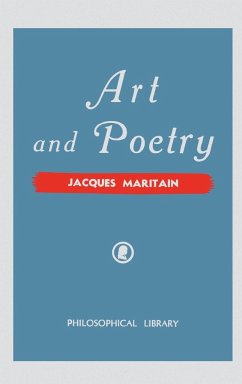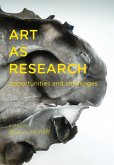Originally titled Frontières de la poésie (1935), This book by Jacques Maritain, whose philosophical writings read as interestingly as a novel, will be welcomed by all who are seeking a better understanding of the art of our time. The book delves into Maritain's thoughts on the nature and subjectivity of art and poetry. As a philosopher, Maritain attempts to define the two concepts, describing art and poetry as "virtues," and as primarily concerned with beauty. Rather than focus on aesthetic theory, Maritain examines the concepts at a more tangible level, including a discussion of how they are made. The principles established with such precision and brilliance in his earlier work "Art and Scholasticism," which has had such a deep influence on contemporary artists, are successfully put to the test in illuminating the creative works of such diverse artists as Rouault, Marc Chagall, Gino Sevirini, and Arthur Lourie. Jacques Maritain was a French Catholic philosopher and political thinker. He was born in Paris in 1882, where he spent most of his life. His father was a prominent lawyer and his mother the daughter of a statesman. He attended the Sorbonne to study philosophy and natural science, and after marrying, he and his wife converted to Catholicism. It was after this he became a well-known scholar of St. Thomas Aquinas and Thomistic philosophy. He published widely on philosophical and political thought, and by the 1930s, he was an established thinker in the Catholic community. After the outbreak of WWII, Maritain relocated to the United States, where he taught at Princeton University and Columbia University. Later in life, he and his wife returned to France, where he continued to write and study Catholic scholarship until his death in 1973.
Hinweis: Dieser Artikel kann nur an eine deutsche Lieferadresse ausgeliefert werden.
Hinweis: Dieser Artikel kann nur an eine deutsche Lieferadresse ausgeliefert werden.









